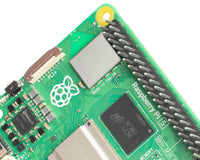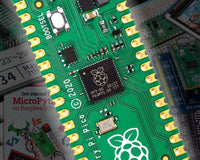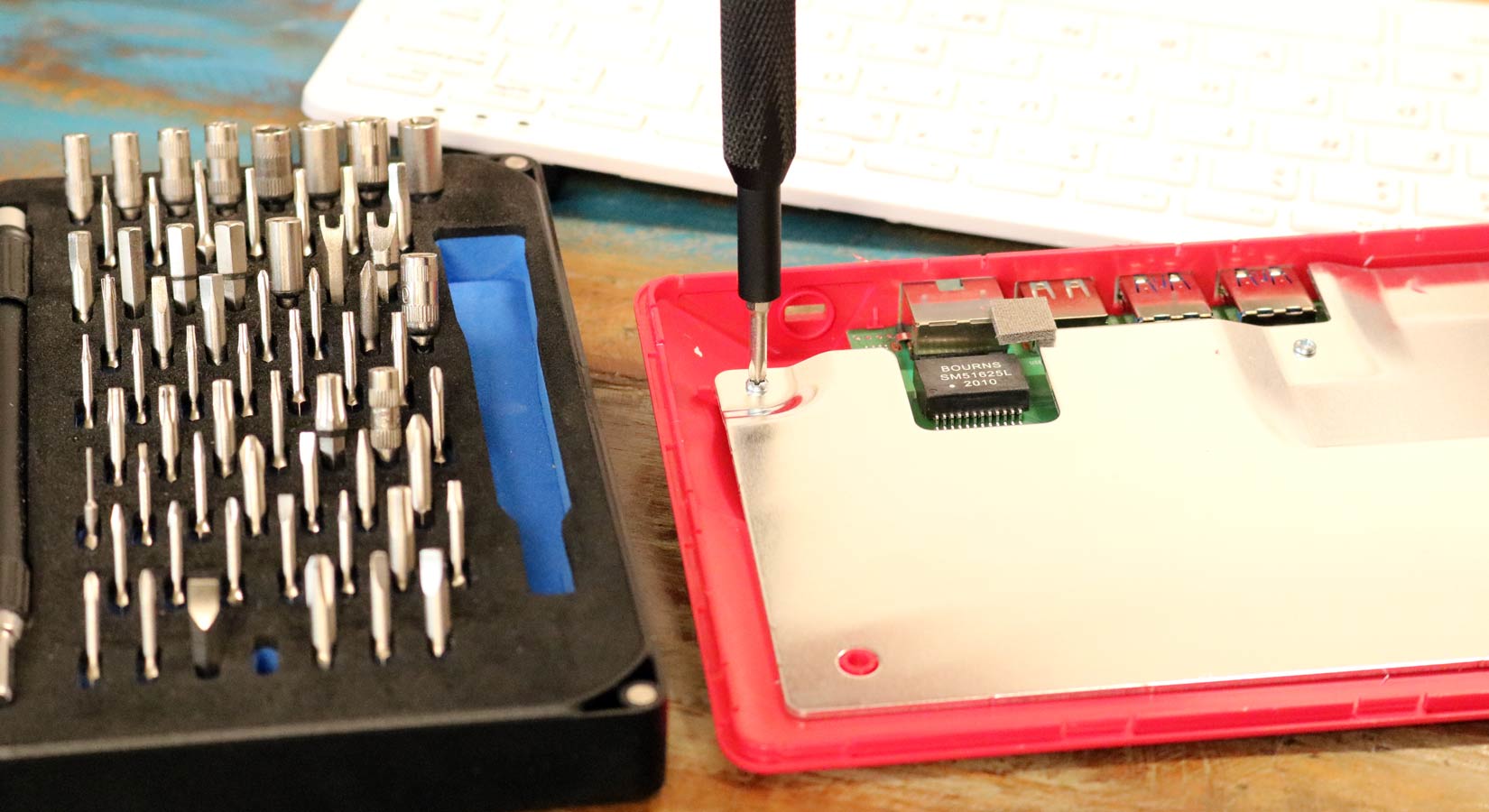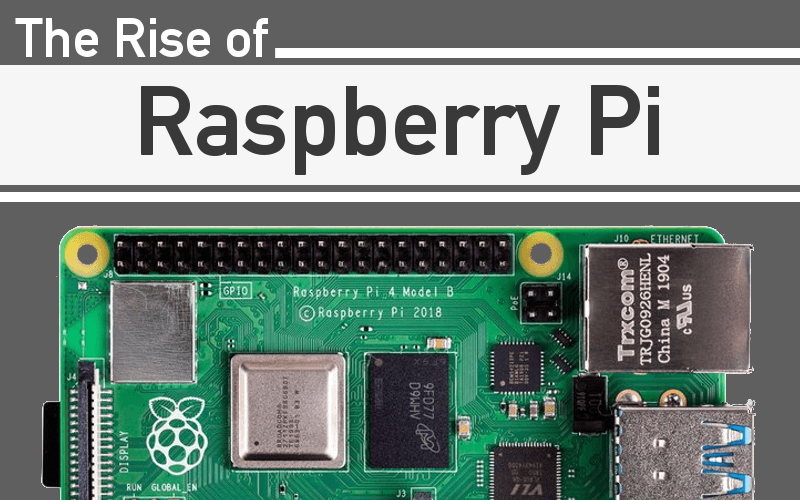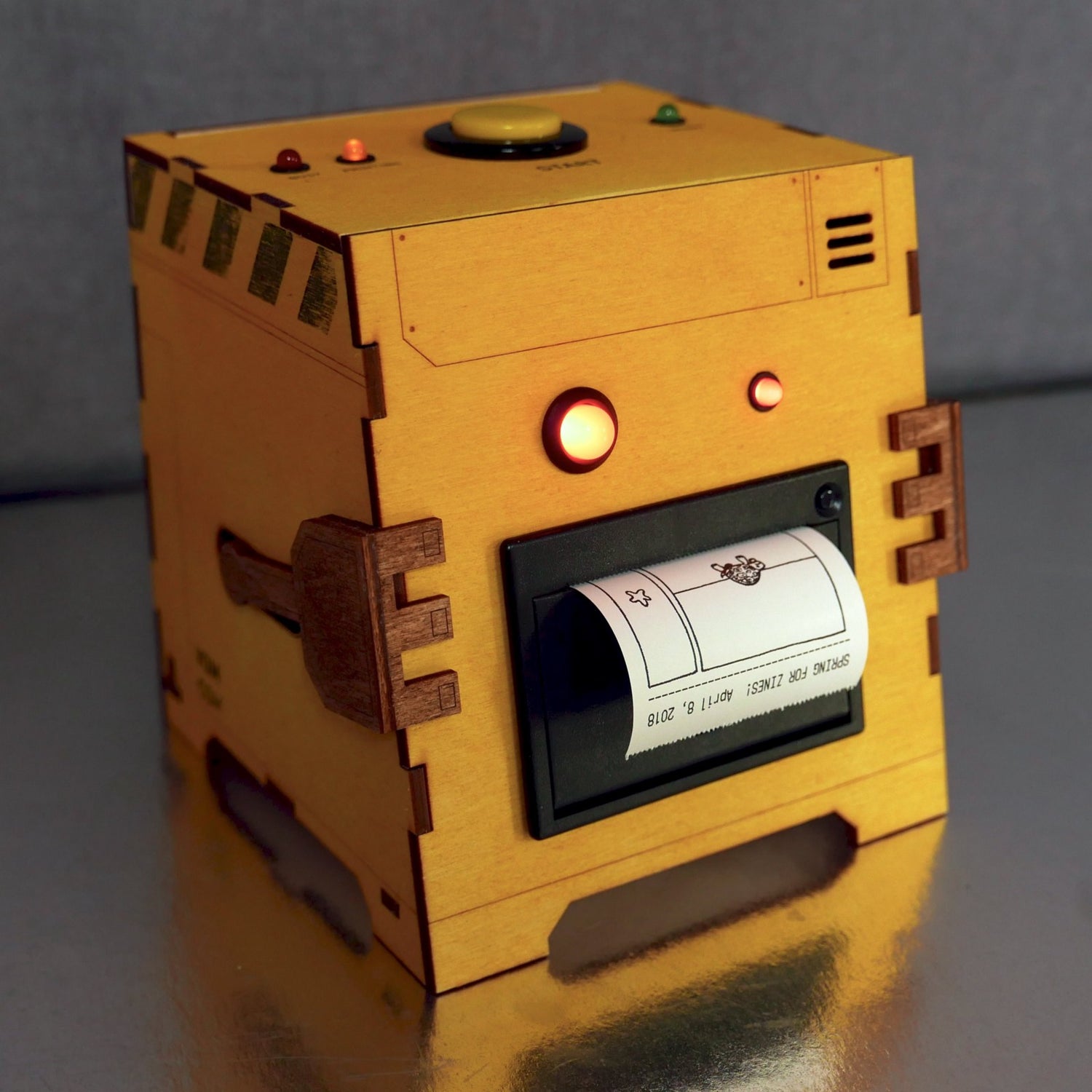
Raspberry Pi Roundup - a joke vomiting machine, a coughing planter and a Magic: the Gathering card sorter
Joke Vomit

One enterprising programmer has created a Raspberry Pi script that generates random comic strip jokes. They’ve then adapted the script to print out on a tiny thermal printer and wrapped the whole thing up in a laser-cut wooden box. The result is a robot face which ‘vomits’ out the printout through its mouth! You can see details of the whole build process here and see the software, written in Processing, on Github.
Planter with a Personality

Using a Raspberry Pi Zero W and an SGP30 air quality sensor from Adafruit, one Instructables user, Tim Clem, has created a plant pot with personality. They’ve added a small amp and speaker for sound and a Pimoroni Blinkt for indicator lights. Finding no Python library for the I2C-accessible SGP30, they’ve written their own (which is available on Github). They’ve also added Google Sheet logging for the readings. The real magic came when they added sound effects for when the air quality dropped – they recorded a coughing sound for this which is routed through the amp and speaker. The enclosure is a mixture of wood and acrylic (which keeps the electronic components dry). All the code is available on Github and you can read how to build your own on Instructables. A video of it in action is below:
Gather your cards

Michael Portera has a large collection of Magic: The Gathering (MTG) cards and he wondered how much they were worth. For those not in-the-know, MTG is a “customisable card game” launched in the 1990s in which you put together a deck of cards from your collection and seek to win games in which you are pitted against other players’ decks. There are around 20,000 official cards (as well as countless unofficial ones!) and some of them are quite rare and, therefore, quite valuable.
Michael has constructed a card-feeding mechanism out of LEGO and then written scripts on his Raspberry Pi to scan them with a camera module, recognise them (courtesy of AWS Rekognition) and then call an API to get the expected value of the cards. A full write-up of the project, including the code, is available here. You can see the mechanism in action below:


